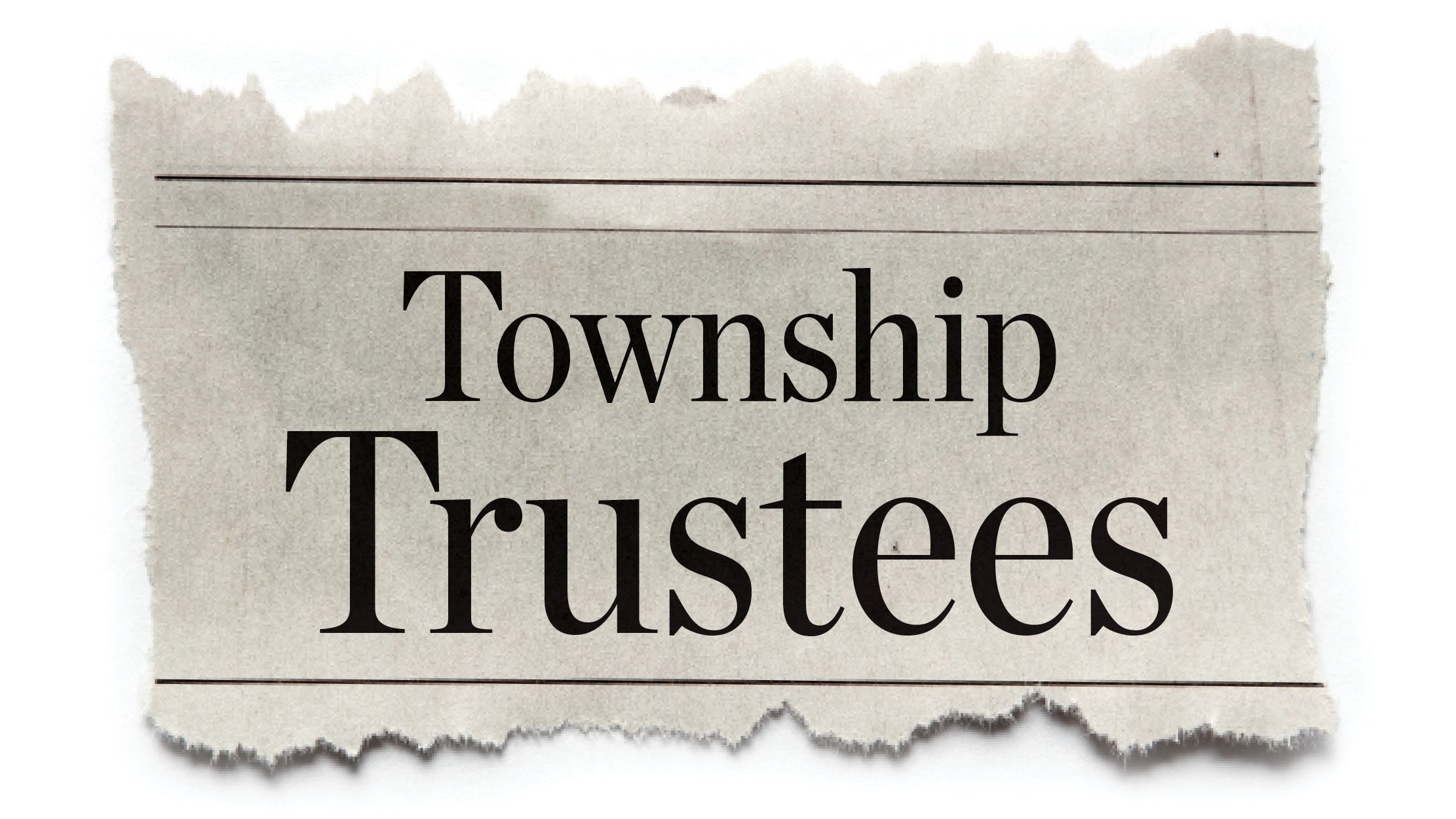Language for ballot issues released
Published 12:00 am Thursday, September 7, 2023
Will be on November ballot
COLUMBUS — Those casting a vote in November’s general election in Ohio will have the chance to weigh in on two hot button topics, which will be up for a vote as ballot issues.
Ohio Secretary of State Frank LaRose unveiled the ballot language for Issue 1, a constitutional amendment dealing with abortion and reproductive rights, and Issue 2, which will cover cannabis legalization.
The proposals were placed on the ballot by supporters, who submitted signatures from voters.
ISSUE 1
The text will read as follows:
“Issue 1 — A Self-Executing Amendment Relating to Abortion and Other Reproductive Decisions
Proposed Constitutional Amendment
Proposed by Initiative Petition
To enact Section 22 of Article I of the Constitution of the State of Ohio
A majority yes vote is necessary for the amendment to pass.
The proposed amendment would:
• Establish in the Constitution of the State of Ohio an individual right to one’s own reproductive medical treatment, including but not limited to abortion;
• Create legal protections for any person or entity that assists a person with receiving reproductive medical treatment, including but not limited to abortion;
• Prohibit the citizens of the State of Ohio from directly or indirectly burdening, penalizing, or prohibiting abortion before an unborn child is determined to be viable, unless the State demonstrates that it is using the least restrictive means;
• Grant a pregnant woman’s treating physician the authority to determine, on a case-by-case basis, whether an unborn child is viable;
• Only allow the citizens of the State of Ohio to prohibit an abortion after an unborn child is determined by a pregnant woman’s treating physician to be viable and only if the physician does not consider the abortion necessary to protect the pregnant woman’s life or health; and
• Always allow an unborn child to be aborted at any stage of pregnancy, regardless of viability if, in the treating physician’s determination, the abortion is necessary to protect the pregnant woman’s life or health.
If passed, the amendment will become effective 30 days after the election.
Shall the amendment be approved?”
(Voters have option of “Yes” or “No”)
ISSUE 2
The text will read as follows:
“Issue 2 — To Commercialize, Regulate, Legalize, and Tax the Adult Use of Cannabis
Proposed Law
Proposed by Initiative Petition
To enact Chapter 3780 of the Ohio Revised Code
A majority yes vote is necessary for the law to pass.
To enact Chapter 3780 of the Ohio Revised Code, which would:
• Define adult use cannabis to mean marijuana as defined in Section 3719.01 of the Revised Code and establish the Division of Cannabis Control (the “Division”) within the Department of Commerce;
• Authorize the Division to regulate, investigate, and penalize adult use cannabis operators, adult use testing laboratories, and individuals required to be licensed;
• Legalize and regulate the cultivation, processing, sale, purchase, possession, home grow, and use of cannabis by adults at least twenty-one years of age;
• Create additional protections for individuals who engage in permitted adult use cannabis conduct;
• Establish the cannabis social equity and jobs program and require the Department of Development to certify program applicants based on social and economic disadvantage;
• Define “social disadvantage” to include membership in a racial or ethnic minority group, disability status, gender, or long-term residence in an area of high unemployment;
• Shield certain confidential information from disclosure to the public, including but not limited to any information reported to or collected by the Division that identifies or would tend to identify any adult use cannabis consumer and prohibit the Department of Development from releasing certain application information as public records;
• Require the Division to provide preferential treatment to applicants who have qualified for the cannabis social equity and jobs program based on social disadvantage when issuing level III adult use cannabis cultivator licenses and dispensary licenses;
• Prohibit certain local government entities from limiting specific research, levying a tax, or charge on adult use operations, their owner, or their property not generally charged on other business, and prohibit certain local government entities from prohibiting or limiting adult use cannabis home grow or prohibiting or restricting an activity authorized by the proposed law;
• Authorize a landlord or an employer to prohibit the adult use of cannabis in certain circumstances, and prohibit the operation of a motor vehicle while using or under the influence of adult use cannabis and from using any other combustible adult use cannabis while a passenger in a motor vehicle;
• Limit criminal liability for certain financial institutions that provide financial services to any lawful adult use cannabis operator or testing laboratory licensed under the proposed law;
• Require the Division to enter into an agreement with the Department of Mental Health and Addiction Services to create a program for cannabis addiction services;
• Provide for the creation of five funds in the state treasury: the adult use tax fund; the cannabis social equity and jobs fund; the host community cannabis fund; the substance abuse and addiction fund; and the division of cannabis control and tax commissioner fund; and
• Provide for taxation of 10 percent on the sale of adult use cannabis by dispensaries in addition to usual sales taxes and require that all monies collected from the 10 percent tax levied to be deposited into the adult use tax fund and quarterly distributed as follows: 36 percent to the cannabis social equity and jobs fund; 36 percent to the host community cannabis facilities fund; 25 percent to the substance abuse and addiction fund; and three percent to the division of cannabis control and tax commission fund.
If passed, the law will become effective 30 days after the election.
Shall the proposed law be adopted?”
(Voters have option of “Yes” or “No”)
LaRose certified the language on Aug. 24. Issues must receive a majority of votes to pass.
Ohio’s general election is Nov. 7.






